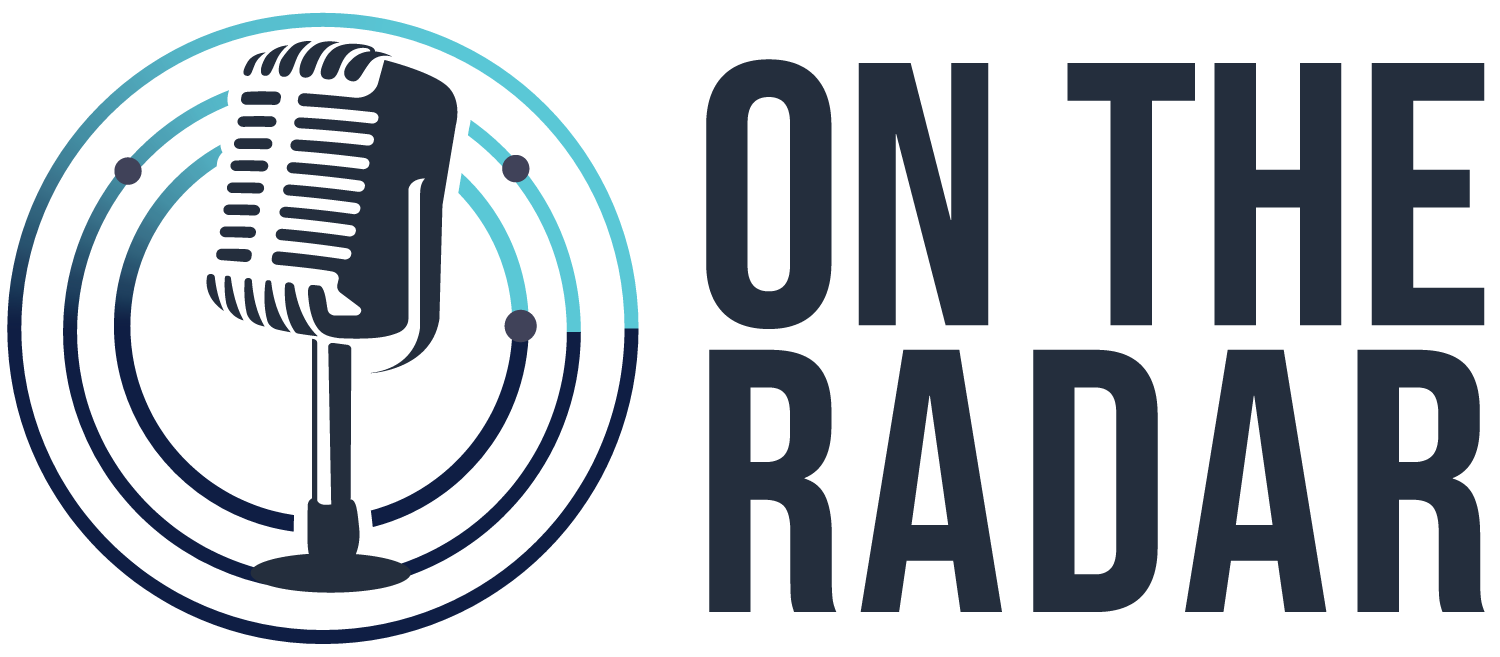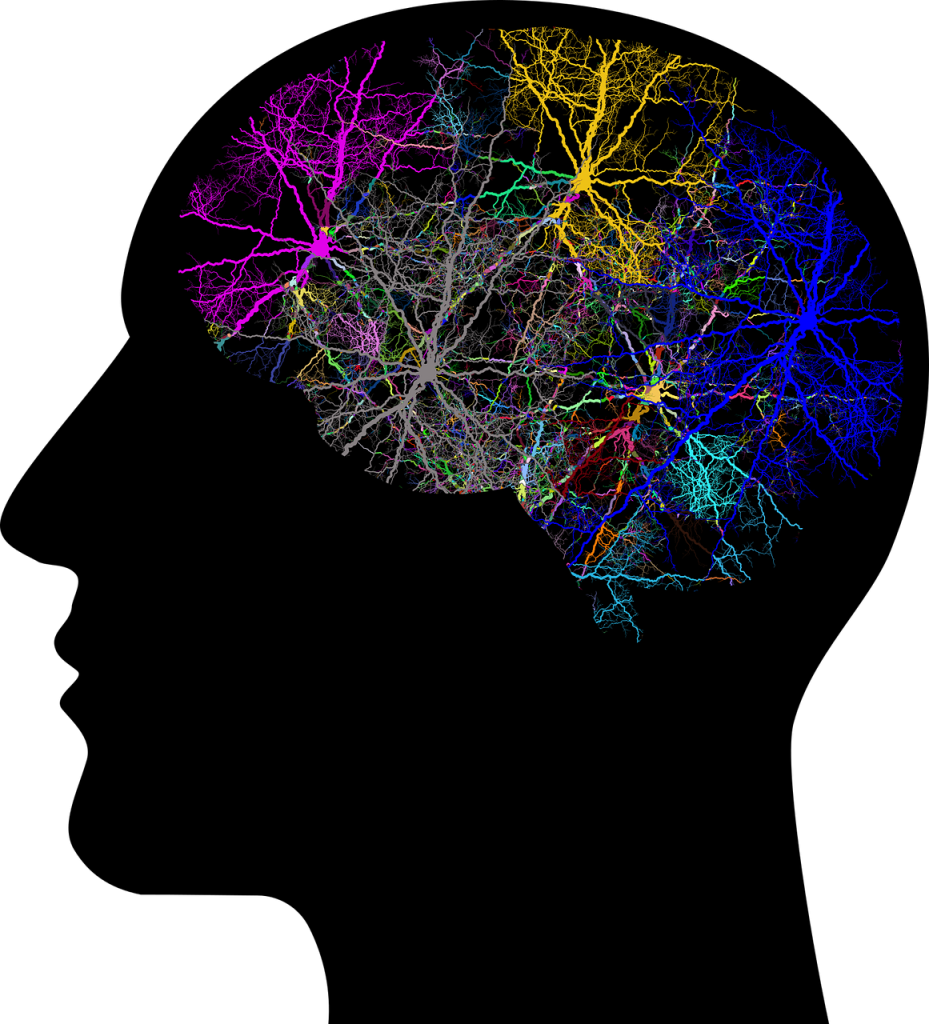In a revealing reflection by David Dobbs he examines how the mirror neurons affect our brain in the way we make decisions, how we process things in our mind, on how we react to things or remember to do certain things. His first example was about his kid, when he stuck out his tongue at the baby the baby stuck his tongue out. That’s when he realized about the mirror neurons, that the neurons are scattered throughout key parts of the brain like the part of the brain that is the center for language, empathy and pain. That also is where we watch others do things and remember it, and it has an additional function for the way they fire in response to something observed.
Everything we watch someone else do we do it as well in our minds. It talks about how at a deeper level it helps us understand how we understand others, understand culture, physiological dysfunctions ranging from lack of empathy to autism. If we understand mirror neurons we can make sense of many things like, why yawns and sneezes are contagious to why we cry when someone we love dies. It says it will also help psychology like it did for DNA for biology and it well help us to explain all the mental disabilities out there.
It will help us know people’s intentions and emotions on why they do things. Dobbs said we possess a basic set of mirror neurons corresponding to an action’s most important form which is reaching. We now know that inactive mirror neurons affects people like autism or those who have trouble with language, learning and empathy. Mirror neurons help us with social skills, social networks, and culture.
I think I agree with what the research suggests that when we watch our parents and TV we pick up on what they are doing. The downside is we will copy what we saw our parents do and what people were doing on TV. There is no way we would know how to do something at such a young age if it wasn’t for us seeing it at some point when we were a baby or a younger kid. You see your parents walking so you want to walk as well. You see people doing things on TV and in your head you say I wish I can do that. It can be negative if its violence or if you see bad behavior or hear swearing. Everyone watches something and thinks about doing it themselves with their imagination if they don’t do it in real life.
We all process what we witness in our minds all the time. If you watch violent movies or play violent games it will affect making you a violent person which is really just an assumption. Pop-culture affects who you are which is true if you let it be. Lacoboni thinks that it is hard to resist our mirror neurons when it comes to seeing violence all the time or negative things that we can’t easily control, and that media/artists can have a huge impact on our mirror neurons so we need to be careful what we watch.

